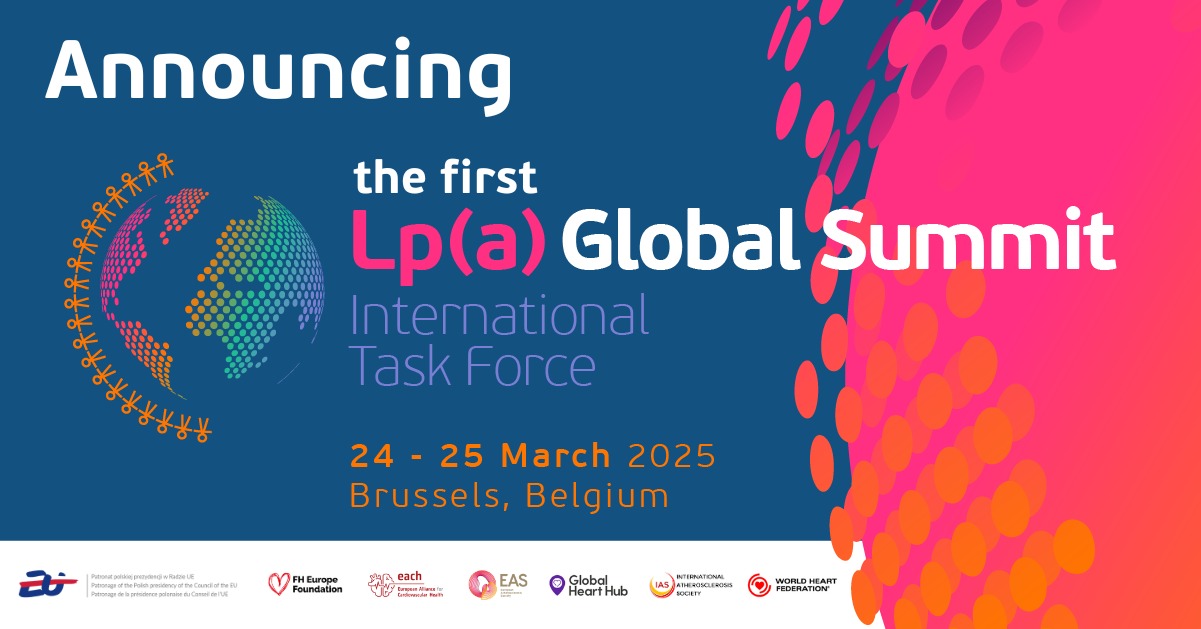Brussels, 24 March – One in five people globally—over 1.4 billion individuals—are living with elevated Lipoprotein(a) (Lp(a)), a significant, yet widely undetected inherited cardiovascular risk factor. Despite its clear link to premature heart attacks, strokes, and aortic stenosis, only 1%-2% of the population is tested, leaving millions vulnerable to preventable, life-threatening cardiovascular events.
The economic and healthcare burden of cardiovascular diseases (CVD) is staggering, with CVD costing the EU €282 billion annually[1]. Of this, €155 billion (55%) is spent on health and long-term care, accounting for 11% of total EU health expenditure. Productivity losses contribute €48 billion (17%), while informal care costs amount to €79 billion (28%). The economic impact translates to an average cost of €630 per person, with national variations ranging from €381 in Cyprus to €903 in Germany. Within these costs, coronary heart disease accounts for 27% (€77 billion), and cerebrovascular diseases account for 27% (€76 billion). These figures underline the urgent need for improved early detection and prevention strategies.
To address this urgent public health crisis, 50 leading global experts, policymakers, and patient representatives will convene for the first-ever Global Summit on Elevated Lp(a), coinciding with Lp(a) Awareness Day. This landmark event, hosted under the patronage of the Polish EU Presidency, is a direct response to growing EU and international commitments to tackle cardiovascular disease through prevention, early detection, and data-driven healthcare policies[2]. EACH is proud to partner on this event.
A Policy-Driven Scientific Summit to Address Lp(a) as a Public Health Priority
Living with elevated Lp(a) presents a significant emotional and practical burden for affected individuals and their families. Recent research highlights that many people with high Lp(a) levels only learn about their condition after experiencing a cardiovascular event, such as a heart attack or stroke, or due to a family history of cardiovascular disease. Despite medical guidelines advocating once-in-a-lifetime Lp(a) testing, many healthcare professionals are hesitant to test, often citing the lack of approved Lp(a)-lowering therapies. Patients and caregivers report frustration with the inconsistent and conflicting lifestyle advice they receive, with many feeling that their condition is largely invisible to the public and under-recognized by the medical community. The psychological impact of living with an increased, yet poorly understood, cardiovascular risk is significant, with many expressing anxiety, helplessness, and a desire for clearer, more structured medical guidance and emotional support. Patient Ambassadors underscore the urgent need to integrate Lp(a) testing into routine cardiovascular risk assessments and provide comprehensive support for those affected.[3]
Despite scientific consensus on the importance of once-in-a-lifetime Lp(a) testing[4], testing rates remain critically low due to a lack of awareness among healthcare professionals, as well as systemic barriers within health systems, including financial disincentives for preventive testing. There is also a misconception that testing is unnecessary in the absence of approved Lp(a)-specific therapies. Missed opportunities to leverage global risk management strategies further exacerbate the failure to prevent early cardiovascular events.
EU Leadership in Advancing Cardiovascular Health & EHDS Alignment
This Summit aligns with the EU’s emerging health policy developments, including the European Health Data Space (EHDS) and the recent Council Conclusions on Cardiovascular Health (December 2024), which emphasize the integration of cardiovascular disease risk assessments into national health policies, systematic data collection on CVD risk factors, including Lp(a), for better prevention and care, and investment in precision medicine and digital health tools to improve early detection and patient outcomes. The Summit will reinforce Lp(a) testing as a cornerstone of effective, personalized cardiovascular prevention, ensuring that health systems shift from reactive disease treatment to proactive and preventive health management.
Summit Highlights & Key Policy Announcements
A major highlight of the Summit will be the unveiling of the International Cost-Effectiveness Study on Lp(a) Testing, led by Prof. Zanfina Ademi (Monash University). This study provides irrefutable evidence that Lp(a) testing is economically viable and cost-effective, reinforcing its necessity as part of standard CVD risk assessment. Another key outcome will be the launch of the Brussels International Declaration on Lp(a), a policy blueprint outlining concrete steps for governments, policymakers, and health systems to implement routine Lp(a) testing. The Declaration is expected to be endorsed by leading global cardiovascular and patient advocacy organizations and serve as a reference for future cardiovascular health policies at the national, European, and international levels.
The Summit will be hosted by MEP Romana Jerkovic, Vice-Chair of the SANT Committee on Public Health and Chair of the MEP Cardiovascular Health Group, alongside MEP Adam Jarubas, Chair of the SANT Committee, and MEP András Kulja, with a welcome address from EU Commissioner for Health, Olivér Várhelyi, who has been invited.
A Multisectoral Call to Action
This unprecedented Summit is a flagship initiative of the Lp(a) International Taskforce, chaired by Prof. Florian Kronenberg (Austria), a lead author of the EAS Consensus Paper on Lp(a) Testing, and is organized by the FH Europe Foundation, an umbrella patient organization dedicated to inherited lipid conditions and cardiovascular risk factors. Leading scientific, advocacy, and patient organizations backing the Summit include the World Heart Federation (WHF), the International Atherosclerosis Society (IAS), the Global Heart Hub, the European Alliance for Cardiovascular Health (EACH), and the European Atherosclerosis Society (EAS).
A Paradigm Shift: From Cardiovascular Disease to Cardiovascular Health
This Summit marks a seismic shift from merely treating cardiovascular disease to proactively safeguarding cardiovascular health. It is an opportunity for policymakers, healthcare leaders, and patient organizations to ensure that preventable heart disease remains preventable.
Voices from the Summit
Prof. Florian Kronenberg, Chair of the Lp(a) International Taskforce, emphasized that “This Summit unites scientific, political, and advocacy leaders to ensure that Lp(a) testing becomes a global standard. We must not only normalize testing but also support individuals in managing their health effectively.” Magdalena Daccord, CEO of FH Europe Foundation, added that “The Summit sets a powerful precedent. It amplifies the voices of people living with elevated Lp(a) and solidifies their role in shaping policies. The launch of the Brussels Declaration is just the beginning—our goal is to secure systematic Lp(a) testing and risk-based cardiovascular prevention for all.”
Summit Funding & Support
The work of the Lp(a) International Taskforce and the 1st Global Lp(a) Summit is supported through a collaborative effort, driven by the dedication of passionate experts, volunteers, and advocates who generously contribute their time, knowledge, and expertise as in-kind support and by funding from Amgen, Novartis, Roche Diagnostics, and Silence Therapeutics, in line with FHEF’s framework for cooperation with industry.
Further Information & Media Contact
For media inquiries, contact
Magdalena Daccord,
CEO, FH Europe Foundation
lpaglobalsummit@fheurope.org .
More details about:
- Lp(a) Global Summit: https://fhef.org/lpa-globalsummit/
- Lp(a) International Taskforce: https://fhef.org/lpa-international-taskforce/
- FH Europe Foundation: www.fhef.org
[1] Economic burden of cardiovascular diseases in the European Union: a population-based cost study, https://pubmed.ncbi.nlm.nih.gov/37632363/
[2] Conclusions on the improvement of cardiovascular health in the European Union, 2024.12.03 – https://data.consilium.europa.eu/doc/document/ST-15315-2024-INIT/en/pdf
[3] Living with Elevated Lipoprotein(a) Levels: The Experiences of Patients and Caregivers https://pubmed.ncbi.nlm.nih.gov/40008374/
[4] Lipoprotein(a) in atherosclerotic cardiovascular disease and aortic stenosis: a European Atherosclerosis Society consensus statement https://pubmed.ncbi.nlm.nih.gov/36036785/


